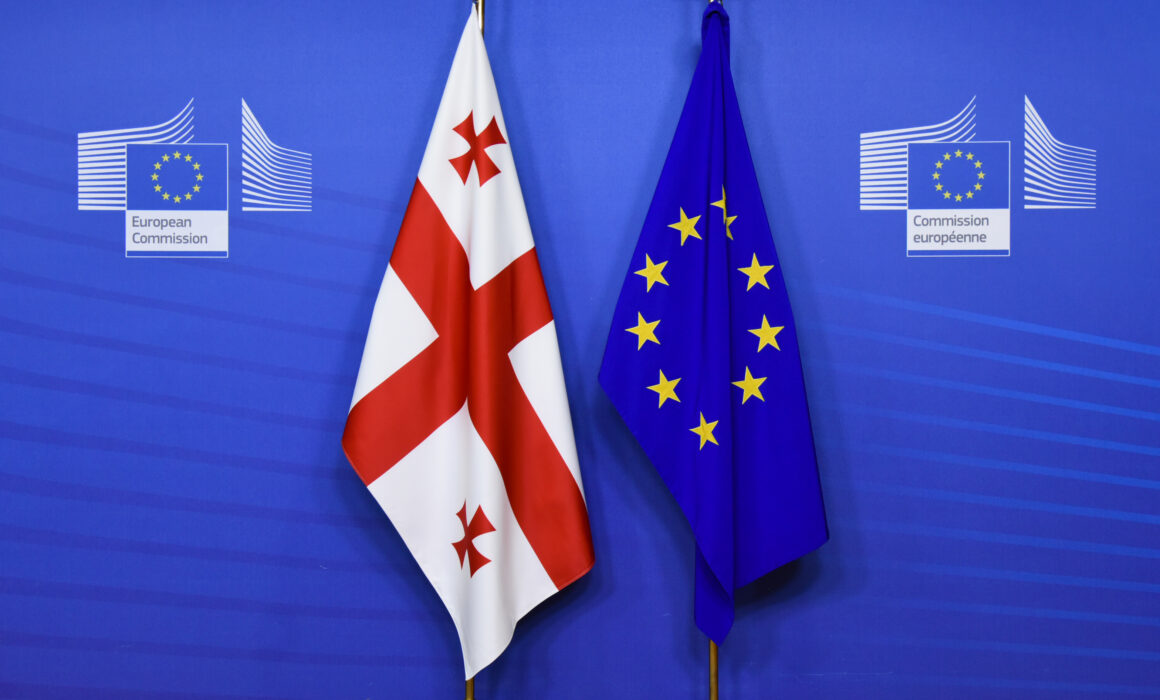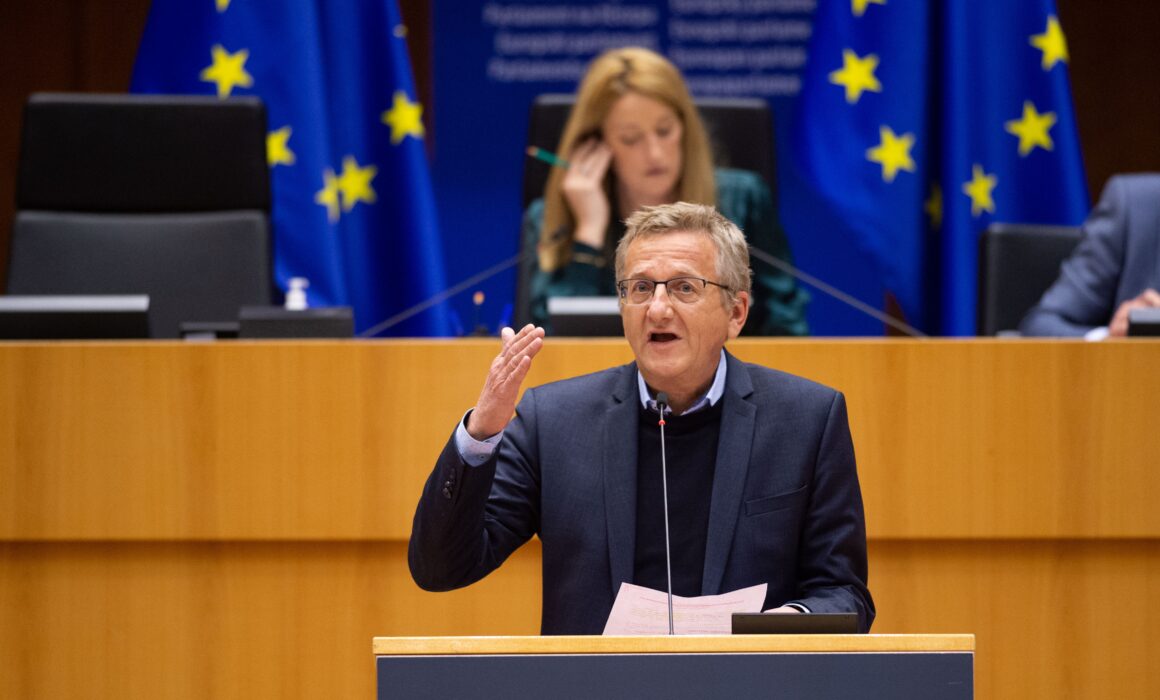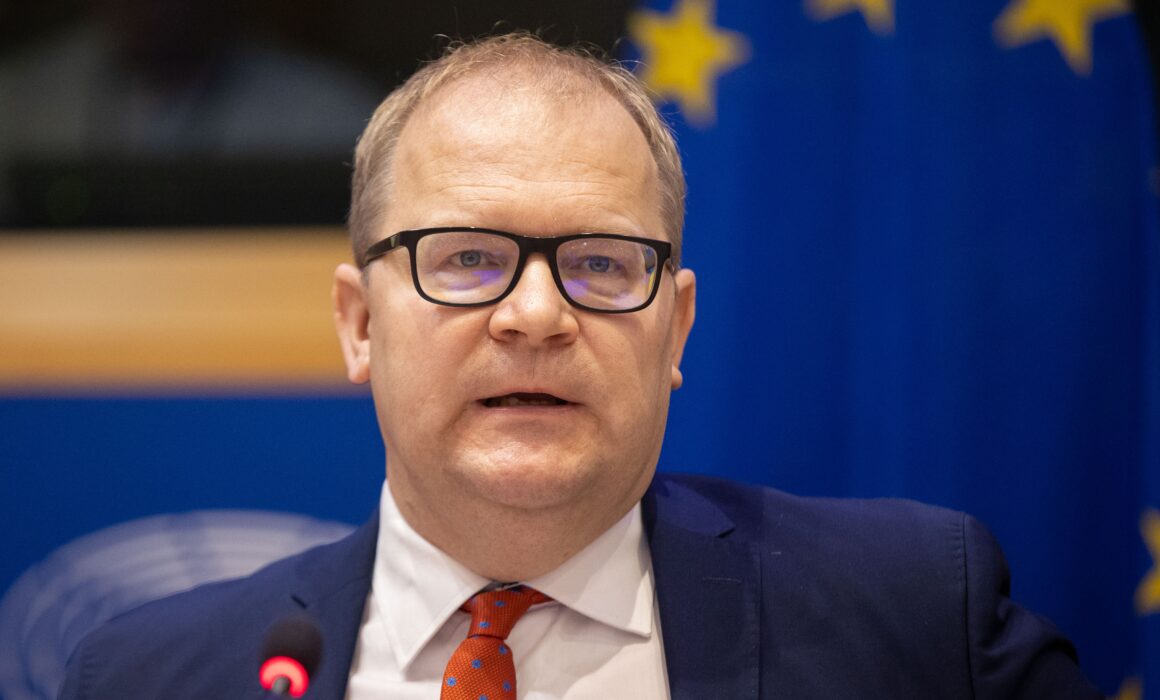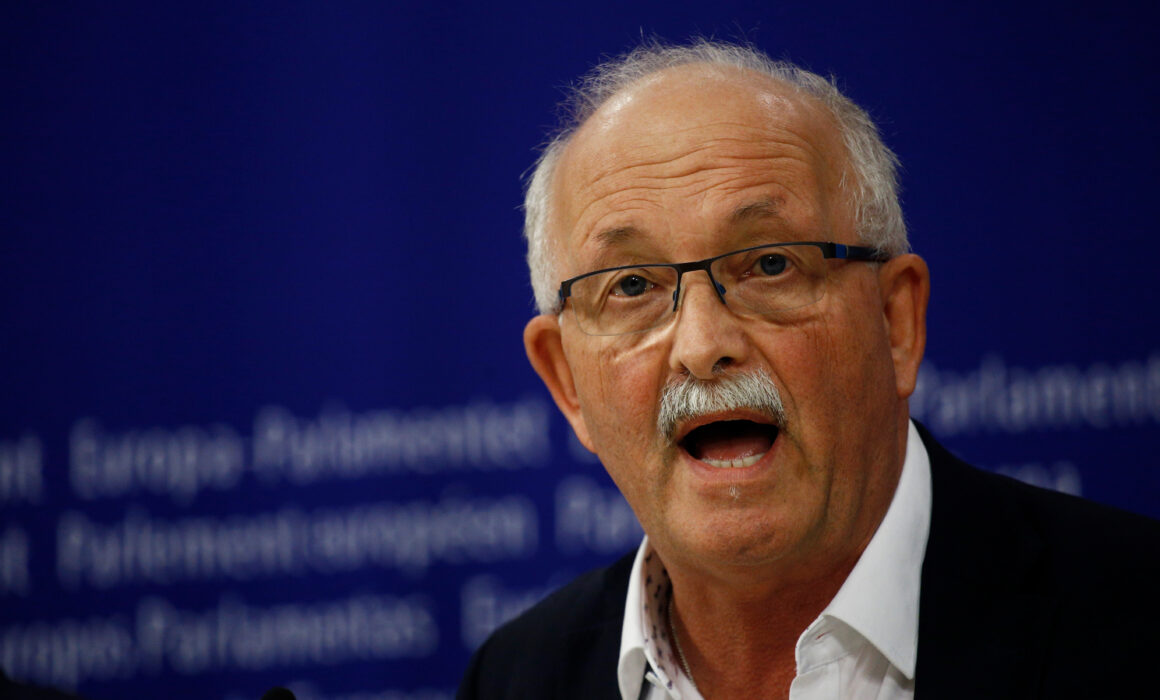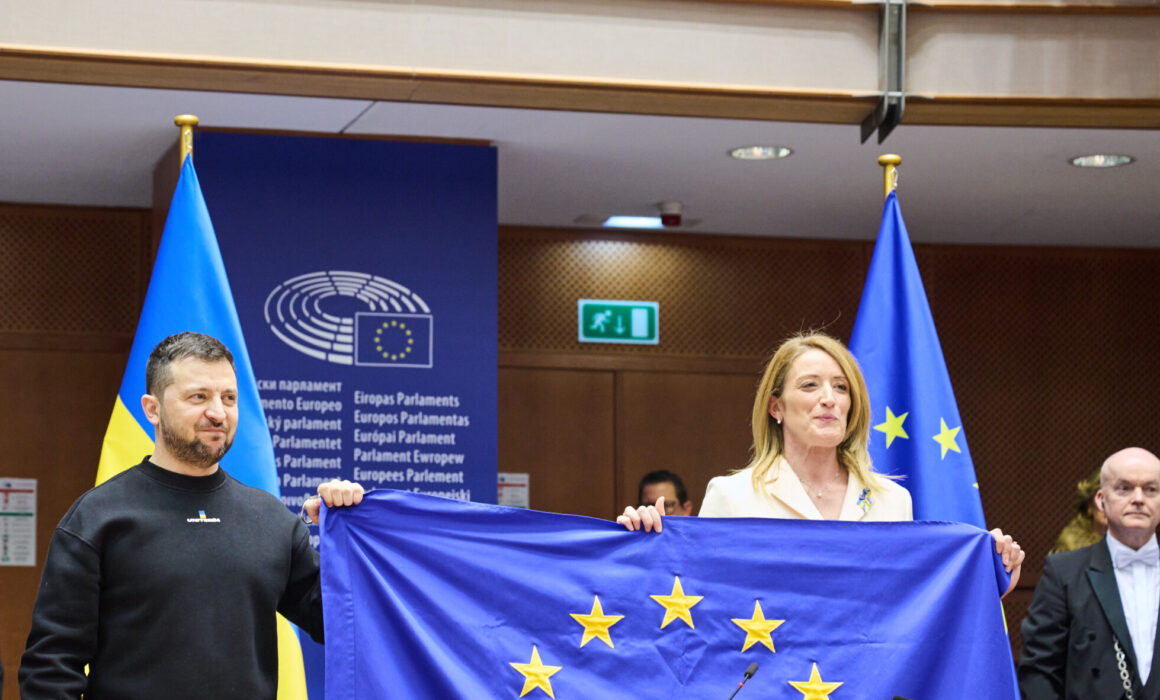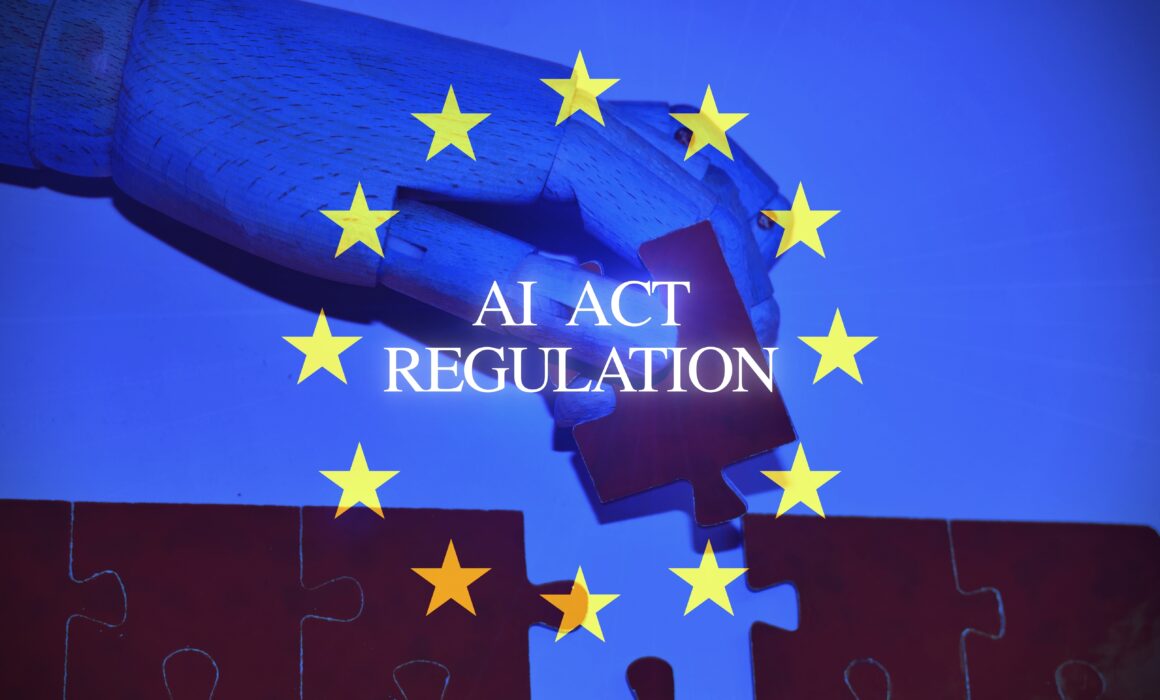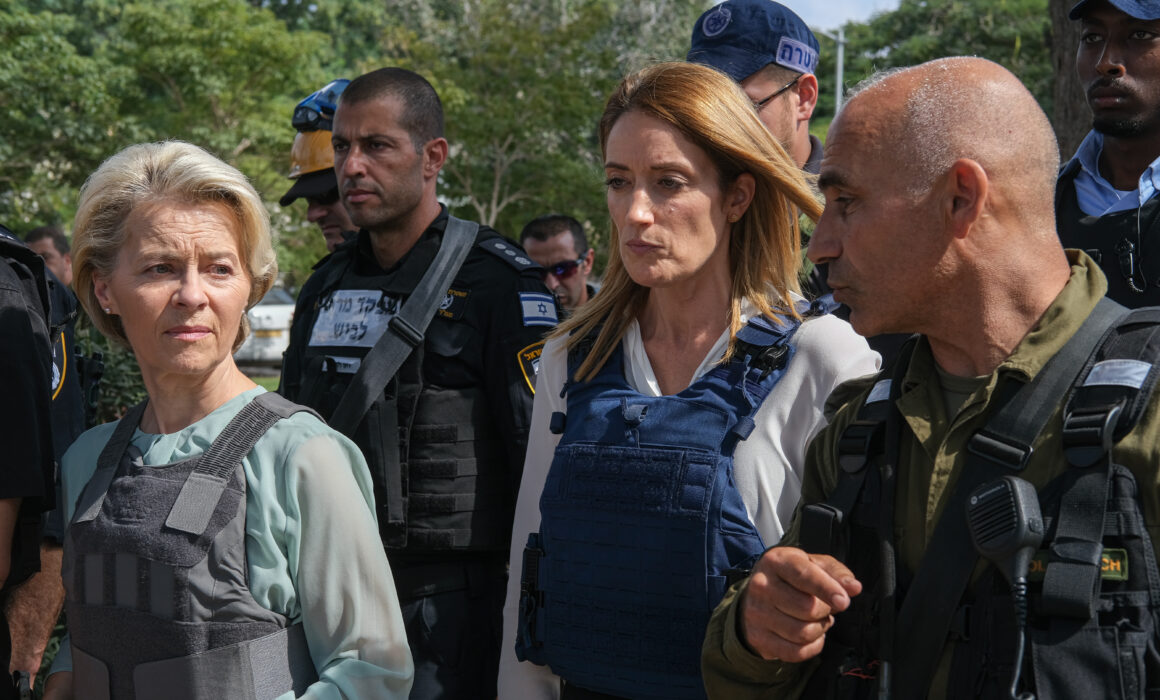After the coup in Niger: What are the options for the EU?
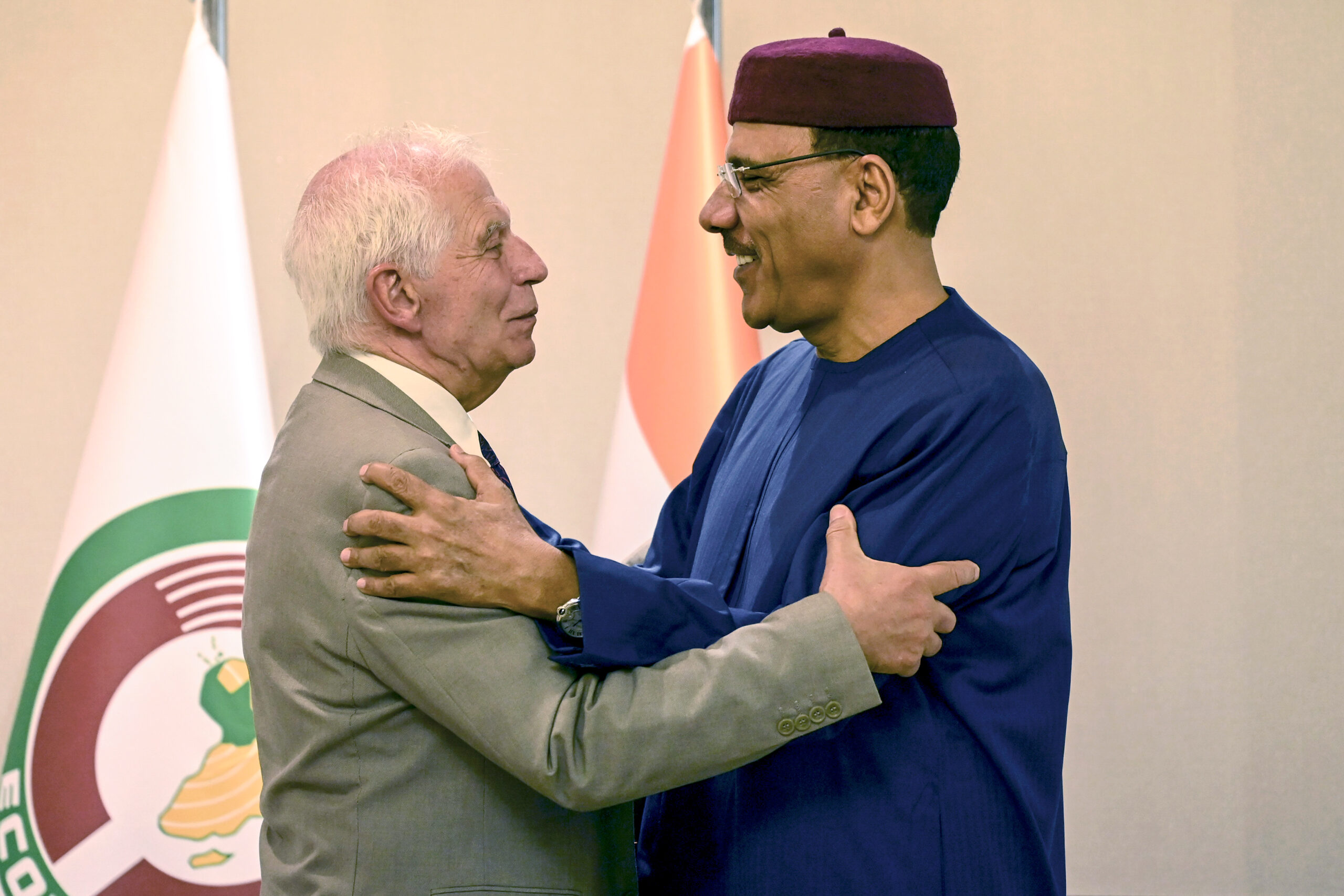
- Date published: 10 August, 2023
The impoverished African country and former French colony was seen as the last remnant of democracy and as one of the few partners of the West in the Sahel zone in fighting extremism. EU High Representative for Foreign Affairs Josep Borrell had visited Niger only a few weeks before the ousting of President Mohamed Bazoum by the military and called it an “essential partner” of the EU.
Borrell wrote on his blog on 13 July 2023: “The EU attaches great importance to its partnership with this country, and I have great admiration for President Bazoum’s leadership in a region in perdition. I was able to tell him in person that we are more than ever at his side in the fight he is waging against terrorism, but also in his efforts to promote the economic and social development of the country and the region.”
Only two weeks later, Borrell and the rest of the EU were faced with the overthrow of Bazoum. The EU foreign policy chief called for the “unconditional” release of Niger’s president from detention. In a statement issued on 29 July, Borrell added: “This unacceptable attack on the integrity of Niger’s republican institutions will not remain without consequences for the partnership and cooperation between the European Union and Niger in all its different aspects. In this respect, in addition to the immediate suspension of budget support, all security cooperation activities are suspended sine die with immediate effect.” Other governments announced similar decisions.
Cuts in the EU’s aid flow to Niger?
The cuts in foreign aid could have significant consequences for Niger: Almost half of the country’s budget has been covered by foreign subsidies. According to Euronews, the EU has expended an estimated €8 billion on security and humanitarian aid in the Sahel zone since 2014. In addition, EU member states have their own funding programmes, and several military missions are ongoing in the region, including in Mali.
However, Niger was the last country in the region to have a democratically elected government. Since 2021, several governments were toppled by military coups, including in Burkina Faso, Mali and Guinea. “Niger was key for European legitimacy in the region: it showed it was possible to support partners which aligned with EU values and interests in one of the most complex regions of the world,” Africa expert Volker Hauck told Euronews.
Under the newly established European Peace Facility (EPF), the European Union has allocated around €65 million in support of the Nigerian Armed Forces. Such assistance measures aim to “strengthen the military capacities of the Nigerien Armed Forces to defend the territorial integrity and sovereignty of Niger.”

What are the risks of the Niger crisis for the European Union?
The fear is that Russia, China and other players could replace the European Union in the Sahel zone. Another fear is that the worsening situation could trigger a surge in refugees fleeing the Sahel to Europe. Already, the number of persons who were displaced because of conflict and poverty rose by half a million in 2022 alone. In the wake of the coup, the EU also suspended a partnership agreement with Niger’s government aimed at preventing people traffickers from smuggling refugees to Europe.
The European Union is preparing to impose sanctions on the military junta that seized power in Niger, reports Reuters.
It is too early to assess the longer-term impact of the coup, and a lot will also depend on the reaction by Niger’s neighbours. However, the EU is in a similar situation than after the hasty withdrawal of troops from Afghanistan and the return of the Taliban to power: Either it continues its humanitarian support and willingly or unwillingly helps to shore up the regimes in power, or it withdraws its support and risks not only chaos and instability, but also other players like Russia to gain influence. None of these options is appealing.
Author: Michael Thaidigsmann
Our most recent news
Former Estonian Foreign Minister: “We should make Russia understand that the West is not weak anymore”
In our most recent podcast edition of “EU Matters”, the Vice-Chair of the Foreign Affairs Committee of the European Parliament and former Estonian foreign minister, Urmas Paet, talks about the threat of Russia to Europe and the West’s support for Ukraine, as well as the recent developments in the Middle East between Israel and Iran.
Avital Grinberg appointed as General Manager of EU Watch
BRUSSELS – EU Watch announces the decision to appoint Avital Grinberg as the new General Manager, succeeding Michael Thaidigsmann at the helm of the organisation.
Veteran Socialist lawmaker: “We always knew that the EU would come under attack from guys like Putin”
German MEP Udo Bullmann talks about the importance of human rights in EU’s foreign policy, the EU as a player on the world stage and foreign interference in EU politics.
EU’s pivotal steps toward Ukraine, Moldova, and Georgia: A personal perspective on the region’s historic shift
Professor Cristina Vanberghen delivers her opinion on the European Council’s decision to green-light negotiation talks with Ukraine and Moldova.
EU Sets Global Standard for AI Regulation
Professor Cristina Vanberghen delivers her analysis of the EU AI Act, which regulates the use of Artificial Intelligence in the Union.
Enhancing our understanding of the EU’s role in the Middle East
Professor Cristina Vanberghen delivers her analysis on the EU’s role in mediating Middle East conflicts.
Our newsletter
Let's keep in touch!
Subscribe to our newsletter
EU Watch - Website: DIREXION Web Agency
This site is protected by reCAPTCHA and the Google Privacy Policy and Terms of Service apply.


